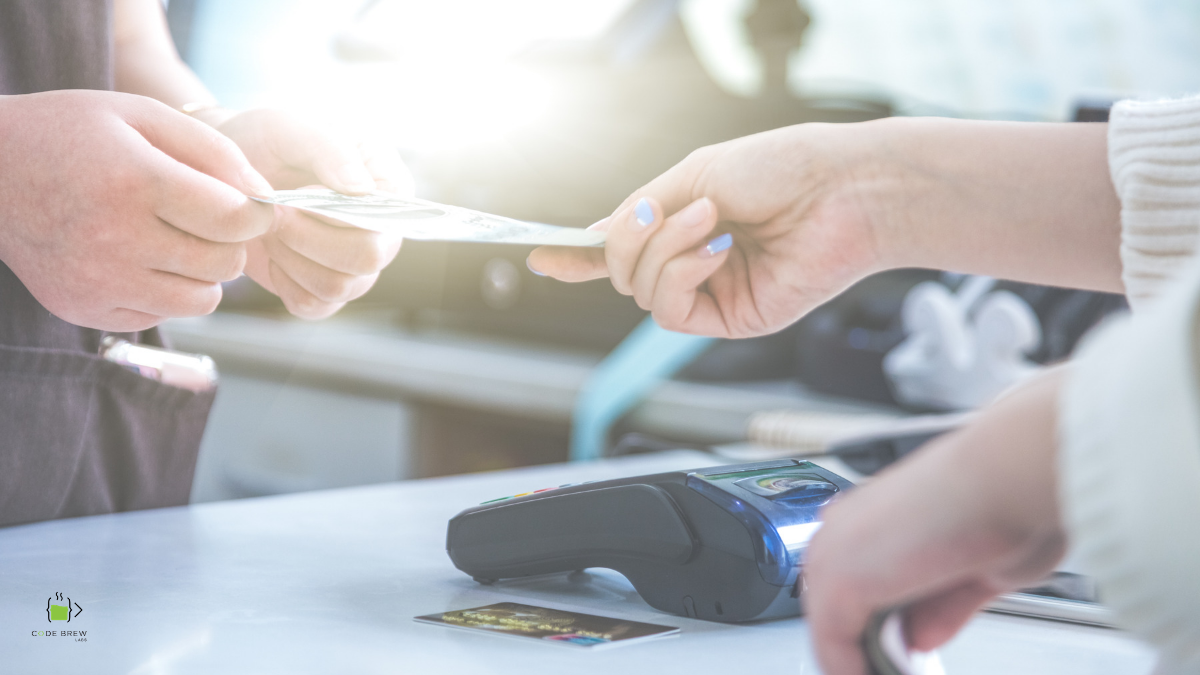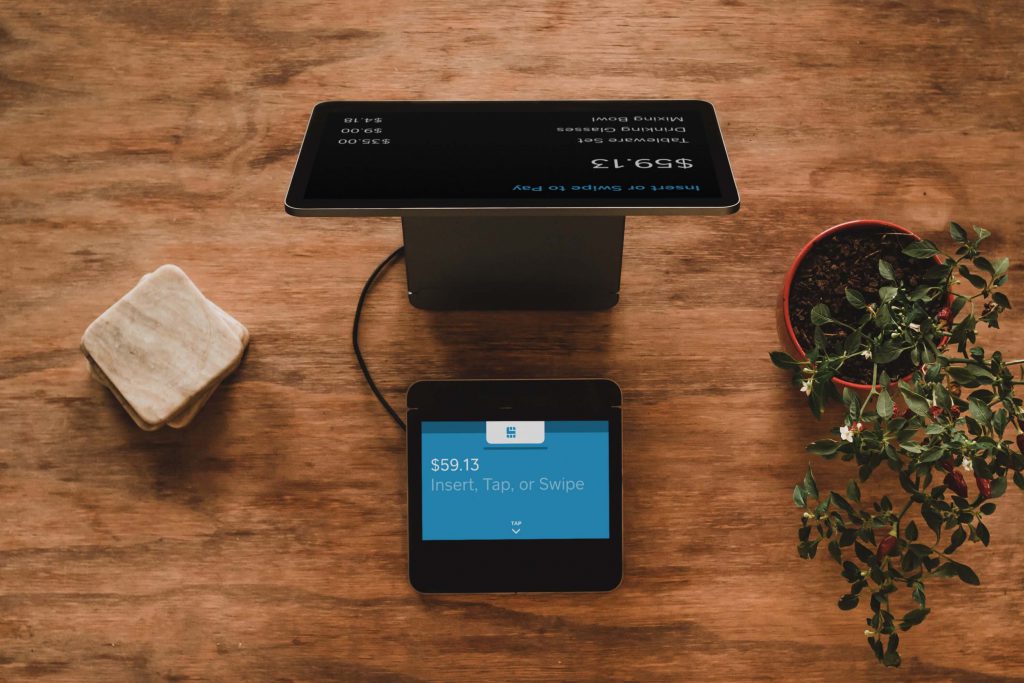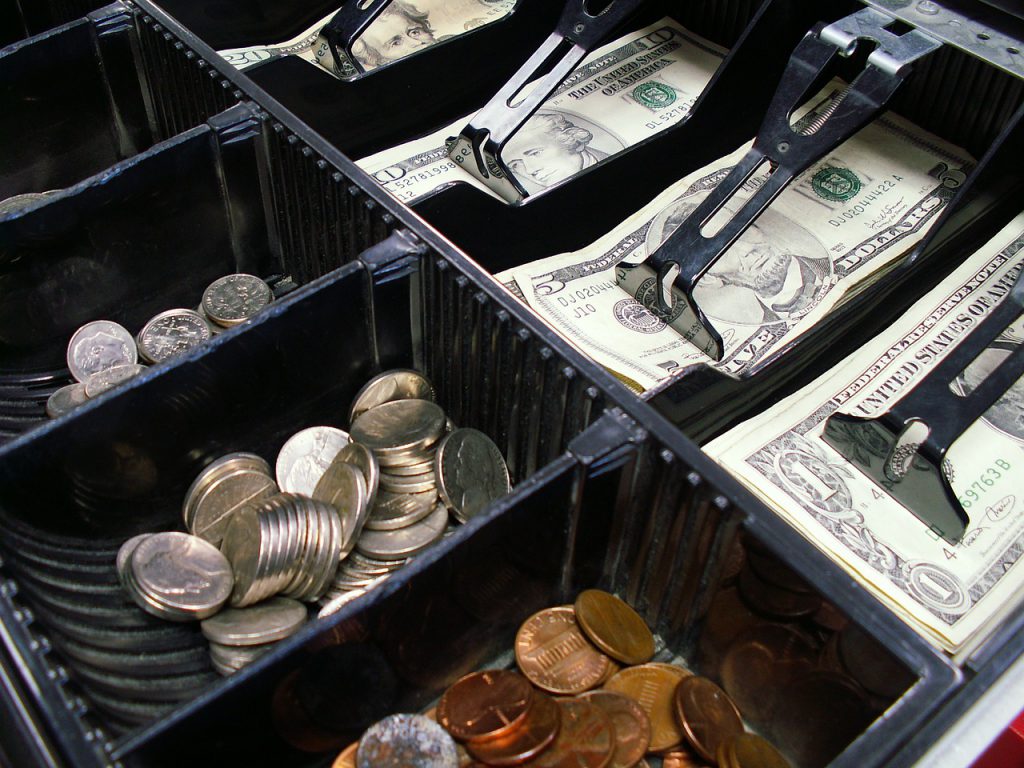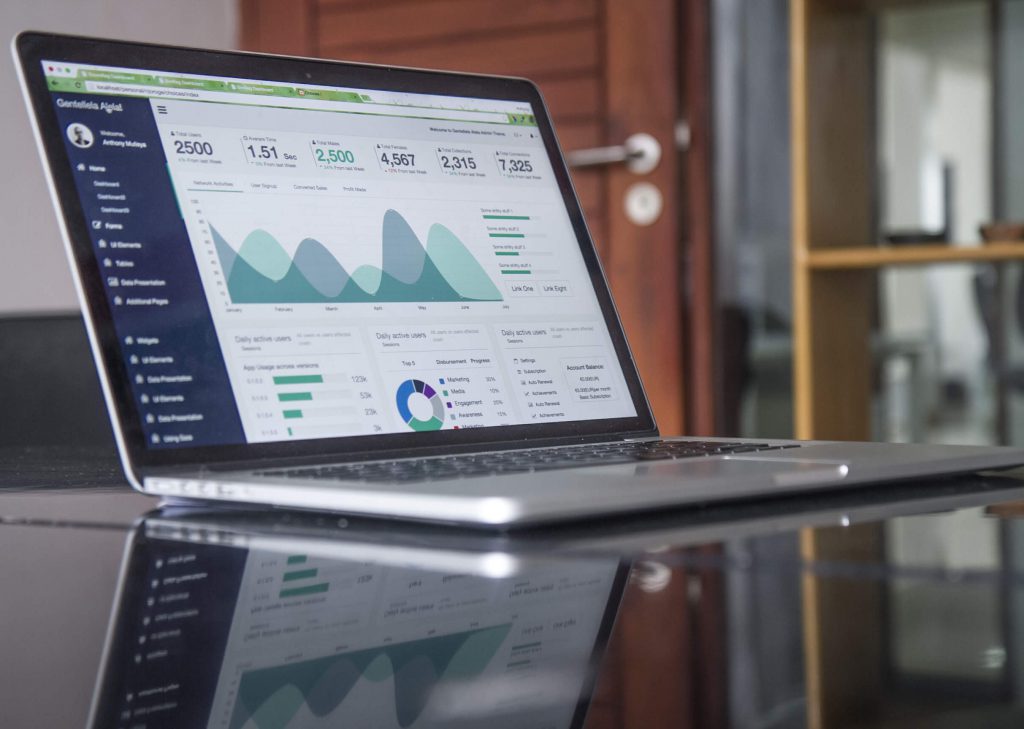
The Point of Sale (POS) system is an integral part of every retail business. The major part of daily sales is carried through a POS system because they make financial transactions extremely easy. At the same time, they also record every sale, giving you a detailed information of how your business does in a given timeframe.
Table of Content
However, that’s just the tip of the iceberg. A detailed and well thought out POS system also lets you manage your inventory better, quicken checkout lines, offer better services, reduce warehouse overhead and much more. The only point of concern is to ensure the POS system comes packed with everything that makes operation management easy, quick and super efficient.
In this blog, we will talk about the various types of a POS system, its key components, key features and development cost. So, let’s begin with the first section, shall we?

Depending on the organization’s size, algorithm complexity, to the size of the system itself, POS systems can be classified into following categories:
Also known as mPOS, a mobile POS system is essentially a credit card reader attached to a mobile device (smartphone or tablet). mPOS offers maximum portability and can connect other devices such as receipt printers and barcode scanners to it. But it is the POS mobile app that makes all the hardware work seamlessly.
Moreover, mPOS systems can also manage inventory, monitor sales and generate reports as and when required.
Given their portability, convenience and affordability, mPOS systems are extremely popular among SMBs, small retail shops and quick-serve restaurants.
Take an mPOS system, make it even more efficient, put it in a computer and attach all the peripherals like cash drawers, credit card readers, receipt printers and barcode scanners to it, all at once. The result is a what you call a terminal POS. This is the most common form of POS system that we often see at grocery stores, restaurants, convenience stores, electronics stores, etc.
Terminal POS systems are so amazing that not only do they offer inventory management, analytics, but also come with a highly efficient CRM system to enhance customer experience.
When a terminal POS is not installed on a local computer but on the server of the POS provider, it becomes a cloud POS or a web-based POS system. Cloud POS systems are popular among startups as they offer all the benefits a terminal POS with added benefits of being more cost-effective, simplicity and flexibility.
That said, your POS is always at the mercy of the POS provider and you’ll never be a complete owner of the system.
Now that we know the three types of POS systems, it’s time to look at the…

The main components of a POS system can be categorized into hardware and software, with the hardware comprising of a PC or a mobile device, a cash register, a card reading machine, receipt printer, or a weighing scale (depending on your requirements).
But it’s the software that makes the POS systems work like a charm. While different businesses may require a different set of features, there are some key features that remain the same across all POS systems…
Processing orders and generating bills is the basic function of a POS system. The POS system should be able to scan the barcode of a product and record its MRP in real time. Along with that, the POS system should also be able to print buyer receipt with their name, total charges (including discounts, if applicable) and salesman/cashier name on the receipt.
In an unlikely event when the barcode scanner is unable to scan the code of a product, the POS system should be able to handle the situation. The POS system operator should be able to search for a product by its name, category and/or item code.
Keeping proper records of the inventory is the primary concern of every business owner. An efficient POS system should also make updates in the inventory after each sale. This will help owners and admins know how much of a product is left in the warehouse.

From overall sales in a day to the revenue generated from each sale and/or product, a sales report and analytics tool gives you all the business centric information you need to do better business. The data gathered by such reports and analytics tool also lets you know which items/products are doing great and which ones need to be worked upon.
When a new customer buys something for the first time, the POS system asks for name, contact details and in some cases, birthdays, anniversaries and other special dates. All this information fed in the CRM system allows the business to enhance customer experience.
A thoughtfully created POS system will also include a loyalty program such as awarding certain points for each purchase. The points accumulated overtime will be saved in the customer profile that the particular customer can use to get better deals.
Depending on the brand and quality of the hardware, the overall cost of setting up a POS terminal can vary from $1500 to $5000. We recommend you to go for the hardware that is value for money and also comes with hardware support and services.
Apart from that, the software that goes into it is an investment that matters the most. The cost of developing a POS software development depends on our needs and the features you want to include in it. Get in touch with a software development company today for a detailed discussion around your POS system. Cheers.
